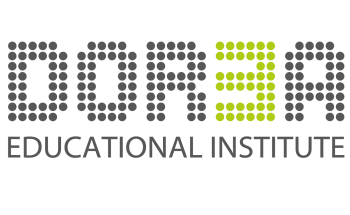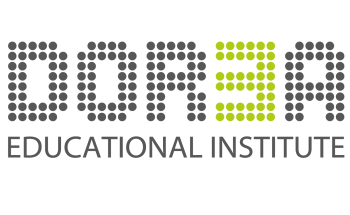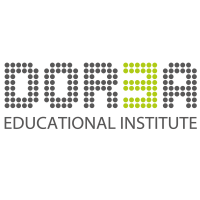
Gamification and Augmented Reality in Education
The use of video games and augmented reality in education has become a major new trend. It comes from the idea that play holds an important role in student’s learning, and supports intellectual, emotional and social well-being. Gwen Dewar’s, Ph.D. research has shown that play can improve memory and stimulate the growth of the cerebral cortex, providing new ways for learner engagement.
Description
The use of video games and augmented reality in education has become a major new trend. It comes from the idea that play holds an important role in student’s learning, and supports intellectual, emotional and social well-being.
The course aims to introduce participants with 6 clusters of innovative pedagogies putting emphasis on Gamification and using Augmented Reality in education. During the course, participants will learn about key elements for the effective implementation of pedagogical principles of play and games (gamification) and augmented reality in formal learning in order to make learning fun and engaging. Participants will also discuss the challenges of using gamification and augmented reality in learning environments and how to overcome them.
More information and the daily programme can be found here.
Learning objectives
The course aims to develop participants’ awareness and creativity in innovative pedagogies, that address 21st-century competencies & challenges as well as meet the educational goals of the educational system and students. After the completion of the course, the participants will be able to make informative decisions about pedagogy and the ways they can design learning environments to match learners’ needs to create, express themselves, collaborate with others and discover.
Specific objectives of the training are:
- Introduce 6 clusters of innovative pedagogies
- Raise awareness of technological development in teaching and learning
- Introduce Gamification and Augmented Reality concepts and components
- Show how to implement gamification and augmented reality in practice
- Show how to create a new learning environment incorporating gamification and augmented reality through the creation of lesson plans
Improve the participants’ personal and professional skills in teaching
Methodology & assessment
Attention will be given to how to implement the findings and skills in real daily working situations after the training course. Methods such as debate, pair and group work, and individual practical exercises will be used throughout the course.
Assessment of the course combines formal and non-formal assessment methods such as self-evaluation at the end of the course and formal evaluation forms provided by the organisation.
Materials, digital tools & other learning resources
This course helps educators integrate gamification and AR through interactive materials, toolkits, and digital tools. Participants engage with case studies, scenario-based learning, and self-assessment tools to enhance student motivation, game-based learning, and immersive experiences. Practical resources support creating engaging and interactive lessons.
Certification details
- Certificate of attendance
- Certificate of obtained competencies
- Europass mobility certificate
Pricing, packages and other information
-
Price:450Euro
-
Course package content:
- Course fee and training material
- Certificate of Competence
- Welcome dinner
- Administration costs
- Coffee Breaks
Cultural visit
You can find all the course packages, what is included and the prices here: https://dorea.org/packages/
-
Additional information:Description of the services and activities included in the course package (such as accommodation, meals, transport) or available at extra cost.
-
Cancellation & changes:
DOREA EDUCATIONAL INSTITUTE registration, cancellation/ rescheduling and refund policy can be found here: https://dorea.org/registration-cancellation-rescheduling-and-refund-policy/
-
Additional information:The options and conditions for change and cancellation, and the policy in case of unforeseen circumstances (force majeure).
Additional information
-
Language:English
-
Target audience ISCED:Lower secondary education (ISCED 2)Upper secondary education (ISCED 3)Post-secondary non-tertiary education (ISCED 4)
-
Target audience type:TeacherStudent TeacherICT Coordinator
-
Learning time:20-25 hours
Upcoming sessions
Past sessions
More courses by this organiser

Promoting STEAM Education through Teacher Training

Towards E-learning: Online Course Development


